Islamabad, the capital city of Pakistan, is known for its picturesque surroundings and pleasant weather. Nestled in the foothills of the Margalla Hills, the city enjoys and Islamabad Weather Overview a climate that is relatively moderate compared to other parts of the country. Its weather is characterized by four distinct seasons: spring, summer, monsoon, and winter. Each season brings its own set of unique weather conditions, making the city a delightful place to visit and live in. In this article, we will explore Islamabad’s weather in detail, looking at the different seasons and how they shape the city’s atmosphere.
Spring in Islamabad (March to May)
Spring in Islamabad is perhaps the most pleasant and beautiful time of the year. It typically lasts from March to May and is characterized by mild temperatures, clear skies, and blooming flowers. During this season, the city experiences a transition from the chilly weather of winter to the warmer temperatures of summer. The average temperature during the daytime hovers around 20 to 30 degrees Celsius, while the nights remain cool, ranging between 10 to 15 degrees Celsius.
Springtime in Islamabad is perfect for outdoor activities. The Margalla Hills become lush and green, with blooming flowers. This creates an inviting atmosphere for hiking and nature walks. The weather is mild, making it ideal for exploring the city’s parks and gardens. Many locals and tourists enjoy picnics during this time. Various cultural events also take place, attracting visitors to the area.
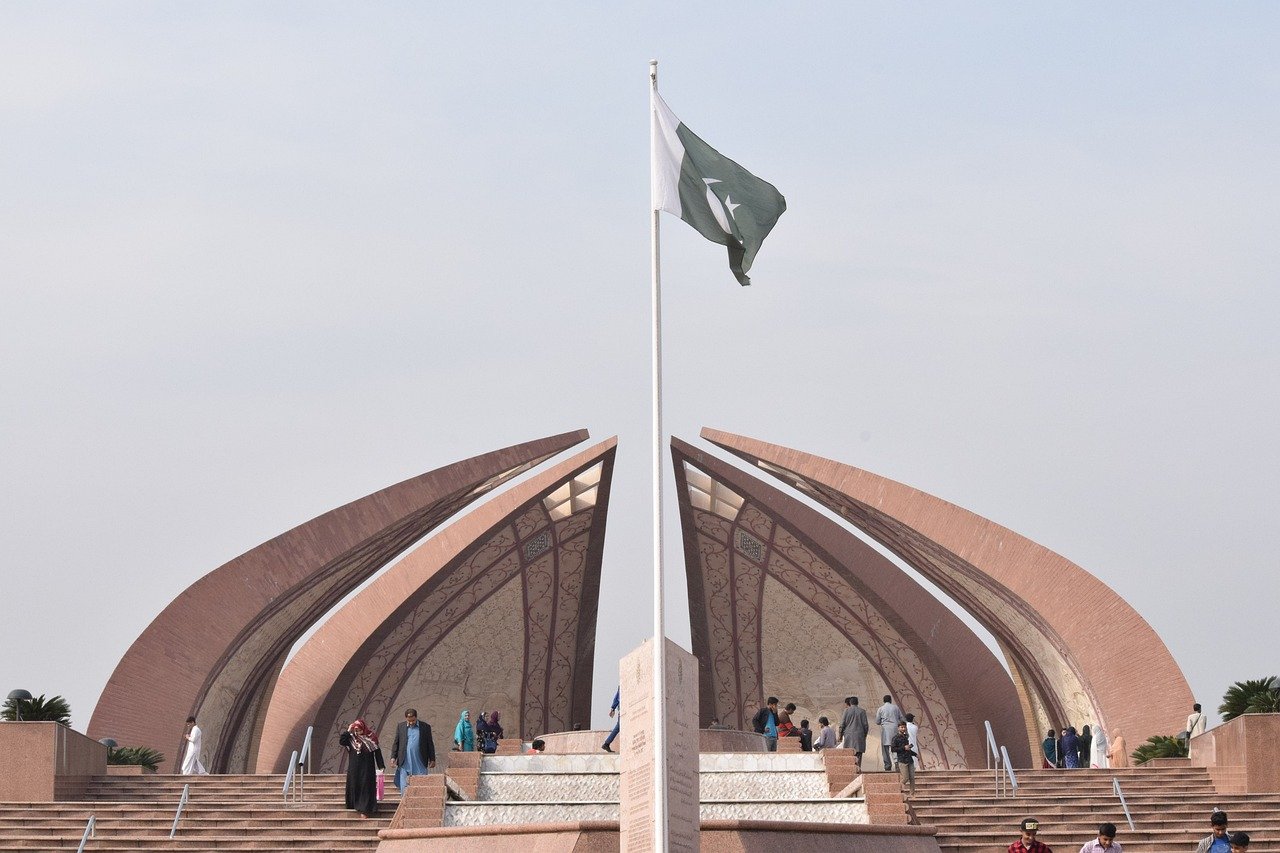
Summer in Islamabad (June to August)
Summer in Islamabad can be quite hot, but it is still more bearable than in many other parts of Pakistan. The season stretches from June to August, with the hottest months being June and July. During this period, the temperature often rises above 35 degrees Celsius, and it can occasionally touch 40 degrees Celsius on particularly hot days. The heat is intense, but it is not as oppressive as it is in cities like Lahore or Karachi, thanks to the city’s elevation and proximity to the Margalla Hills, which provide some relief from the heat.
Despite the high temperatures, Islamabad’s summer weather is often accompanied by cooler evenings and nights, which offer some respite from the daytime heat. The mornings are usually sunny, but by late afternoon, clouds start to gather, signaling the arrival of the monsoon season. This brings some relief in the form of light showers, which can temporarily cool down the city.
During summer, many locals prefer staying indoors during the hottest part of the day. Air conditioning is a common feature in homes and offices, providing comfort against the sweltering heat. However, evenings are perfect for enjoying the outdoors. Many people head to the Rawal Lake or the Daman-e-Koh viewpoint in the Margalla Hills to enjoy the cool breeze and beautiful sunset.
Monsoon in Islamabad (July to September)
The monsoon season in Islamabad begins in July and lasts until September. This season is crucial for the region as it brings much-needed rainfall, which helps in replenishing water supplies and maintaining the greenery in the city. The monsoon rains are a welcome change after the scorching heat of summer, and the weather becomes significantly cooler and more humid.
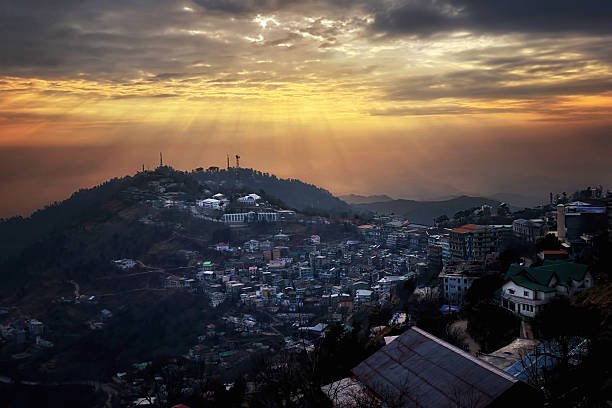
The temperature during the monsoon season drops to a more comfortable range, with daytime temperatures hovering between 25 to 30 degrees Celsius. Nights are cooler, making it a pleasant time to be outside. The humidity levels rise during this period, and the city experiences frequent rain showers, thunderstorms, and sometimes even heavy downpours. These rains are vital for agriculture and water resources in Islamabad and the surrounding areas.
While the rains bring relief from the heat, they can also cause some inconveniences. Flash floods are a concern in certain areas, particularly in the hilly regions surrounding the city. The rainwater runoff can sometimes overwhelm the drainage systems, leading to temporary flooding in low-lying areas. Despite these occasional challenges, the monsoon season is an important part of Islamabad’s climate and contributes to the city’s lush greenery.
The monsoon period is a great time for nature lovers and photographers, as the hills and parks burst with vibrant greenery, offering breathtaking views. Hikers enjoy the cooler, rainy weather in the Margalla Hills because it softens the trails and reduces dust.
Autumn in Islamabad (October to November)
Autumn in Islamabad is another delightful season, marked by cooler temperatures and clear skies. It lasts from October to November and is characterized by a gradual decrease in temperature. During this time, the city transitions from the rainy monsoon season to the dry, cool weather of winter. The daytime temperatures typically range from 20 to 30 degrees Celsius, while the nights become cooler, with temperatures dropping to around 10 to 15 degrees Celsius.
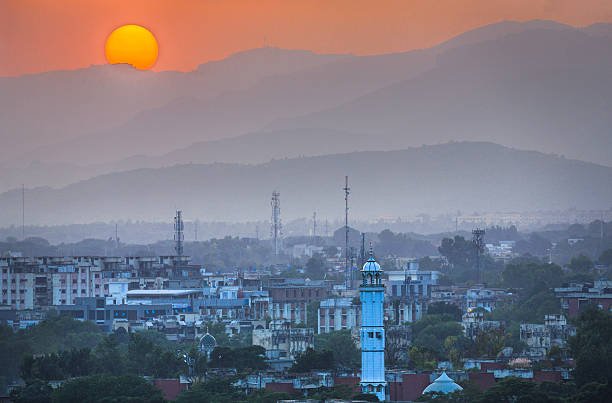
One of the most striking features of autumn in Islamabad is the changing colors of the leaves. The trees around the city begin to shed their leaves, turning vibrant shades of yellow, orange, and red. The Margalla Hills, Rawal Lake, and other green spaces are a sight to behold during this time, attracting nature enthusiasts and photographers alike.
Autumn is an excellent time to explore the outdoors, as the weather is neither too hot nor too cold. It is ideal for long walks, cycling, and other outdoor activities. Many locals enjoy taking trips to nearby areas such as Murree or Nathia Gali during the autumn season, as the weather in the hills is even cooler and more refreshing.
Winter in Islamabad (December to February)
Winter in Islamabad lasts from December to February, and it is marked by chilly temperatures, especially during the night and early morning. The daytime temperatures in winter typically range from 10 to 20 degrees Celsius, while the nights can drop to as low as 0 to 5 degrees Celsius. On rare occasions, Islamabad experiences light snowfall, particularly in the higher elevations of the Margalla Hills. However, heavy snowfall is uncommon in the city itself.
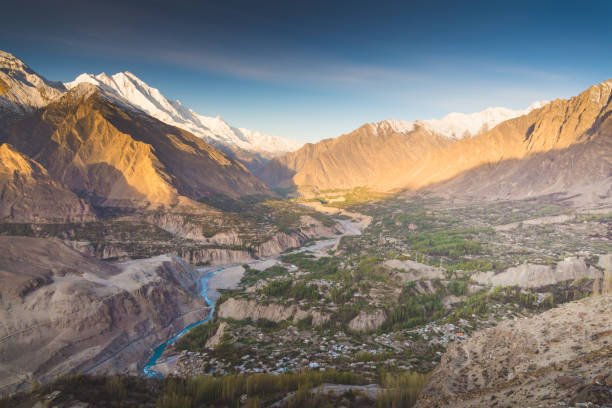
Winter in Islamabad is a time when the city’s air becomes crisp and fresh. The clear skies and sunshine make the daytime pleasant, even though it can feel cold. Many residents enjoy spending time outdoors during the day, basking in the sun and taking walks in the parks. The chilly evenings are perfect for enjoying hot drinks like tea or coffee, and many people gather around bonfires to stay warm.
The winter months can be quite cold, especially in the evenings and nights, so it is important to dress warmly. People often wear heavy jackets, scarves, and woolen clothes to protect themselves from the cold. The temperature can drop significantly at night, and frost can sometimes form on the ground, particularly in the early mornings.
The Effect of Elevation on Islamabad’s Weather
One of the unique aspects of Islamabad’s weather is the influence of its elevation. The city sits at an elevation of about 540 meters (1,770 feet) above sea level, and its proximity to the Margalla Hills, which rise to over 1,000 meters (3,280 feet), plays a significant role in shaping its climate.
The higher elevation helps moderate the temperatures in Islamabad, preventing the city from becoming too hot in the summer or too cold in the winter. The Margalla Hills act as a natural barrier, providing relief from the harsh winds and temperatures that often affect other parts of the country. This elevation also means that Islamabad enjoys clearer air and less pollution compared to many other urban centers in Pakistan.
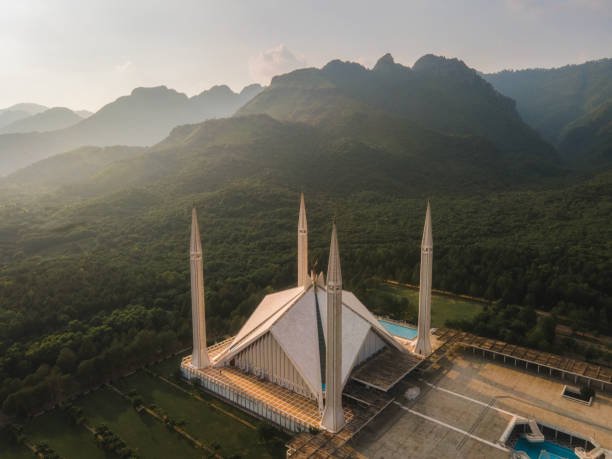
Conclusion
Islamabad’s weather is a significant factor that contributes to the city’s appeal. The pleasant climate, with its distinct seasons, offers a variety of experiences throughout the year. From the mild and colorful spring to the cool and crisp winter, each season brings something special to the city. Whether you’re a nature enthusiast, an adventure lover, or someone who simply enjoys the beauty of changing seasons, Islamabad’s weather offers something for everyone. The combination of moderate temperatures, fresh air, and stunning natural beauty makes Islamabad a wonderful place to visit and live in, no matter the time of year.
You have not enough Humanizer words left. Upgrade your Surfer plan.




